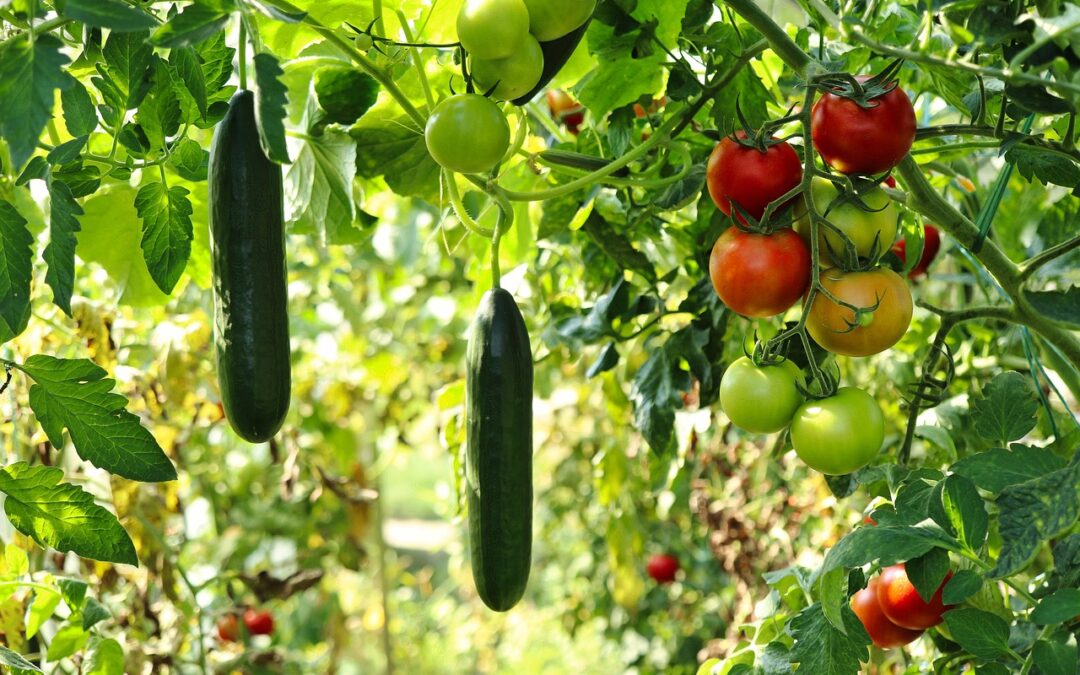Contents
Mulch for Vegetable Gardens: A Comprehensive Guide for Garden Enthusiasts
Mulch for vegetable gardens is composed of various organic or inorganic materials applied to the soil’s surface to promote plant growth and enhance the soil’s overall health. It’s a crucial element in organic gardening, offering numerous advantages that can significantly boost your harvest.
Benefits of Mulch for Vegetable Gardens
1. Moisture Retention: Mulch acts as a protective layer, reducing evaporation and maintaining soil moisture levels. This is particularly beneficial during hot and dry periods, ensuring plants have access to adequate water.
2. Temperature Regulation: Mulch insulates the soil, moderating temperature fluctuations and safeguarding plants from extreme heat or cold.
3. Weed Suppression: Mulch creates a physical barrier, preventing weed seeds from germinating and competing with your vegetables for nutrients and water.
4. Nutrient Enhancement: Organic mulches, such as compost or manure, decompose over time, releasing valuable nutrients into the soil.
Choosing the Right Mulch Type
The ideal mulch type depends on your specific needs and preferences. Some popular options include:
- Organic Mulches: Compost, manure, shredded leaves, wood chips, straw
- Inorganic Mulches: Black plastic, landscape fabric, rubber mulch, gravel
Applying Mulch Effectively
To maximize the benefits of mulch, follow these application guidelines:
1. Spread Evenly: Spread a layer of mulch 2-3 inches thick around your plants, avoiding direct contact with stems to prevent rot.
2. Replenish Regularly: Mulch decomposes over time, so replenish it as needed to maintain optimal thickness.
3. Avoid Over-Mulching: Excessive mulch can promote moisture buildup and attract pests.
Case Studies and Success Stories
Numerous gardeners have experienced remarkable results using mulch in their vegetable gardens:
-
“Mulch has transformed my garden! My plants are thriving, and I’ve noticed a significant reduction in weeds.” – Jane, satisfied gardener
-
“I was skeptical at first, but mulch proved to be a game-changer. My soil is now healthier, and my tomatoes are growing abundantly!” – John, enthusiastic homeowner
Call to Action
Elevate your vegetable gardening experience by incorporating mulch into your routine. Choose high-quality landscaping materials from trusted suppliers to ensure optimal plant growth and soil health. Transform your garden into a thriving oasis with the power of mulch!
TL;DR (Too Long; Didn’t Read)
Mulch for vegetable gardens offers numerous benefits, including moisture retention, temperature regulation, weed suppression, and nutrient enhancement. Choose the right mulch type for your needs and apply it effectively to boost plant performance. Replenish regularly and avoid over-mulching to maximize its advantages. With mulch, you can cultivate a healthy and productive vegetable garden.

